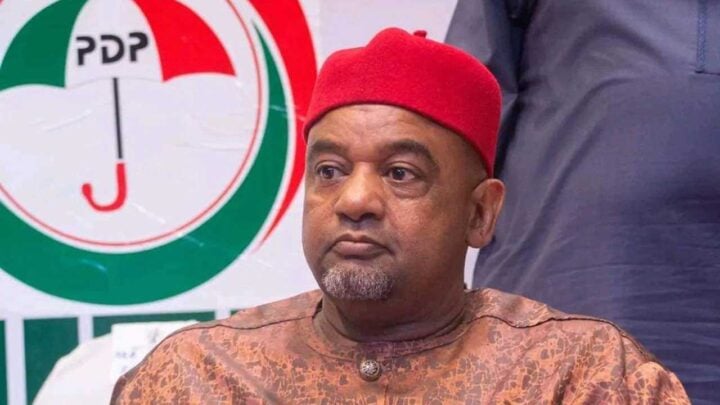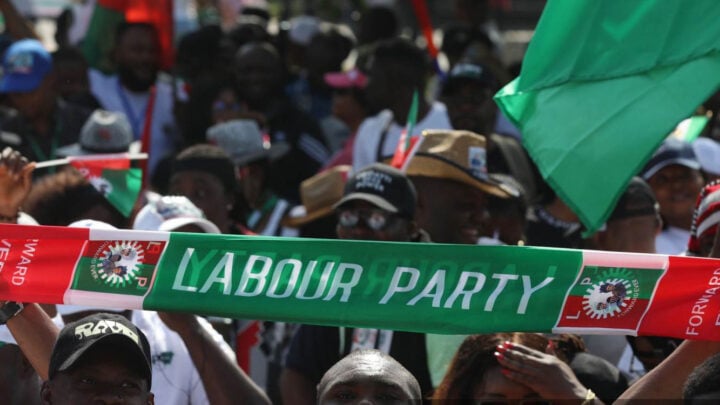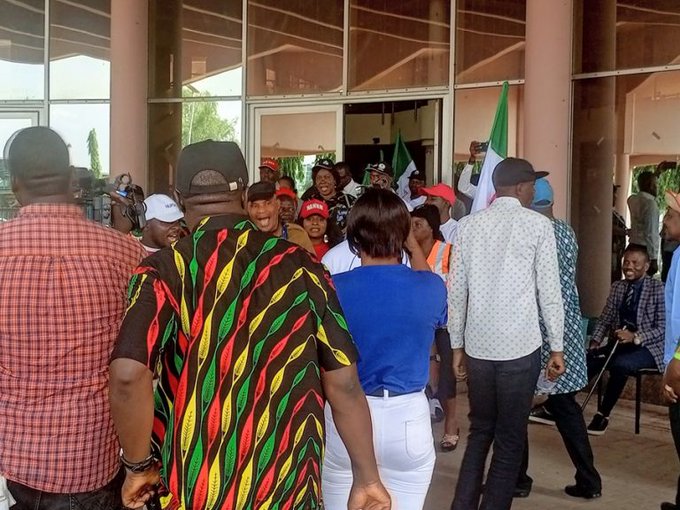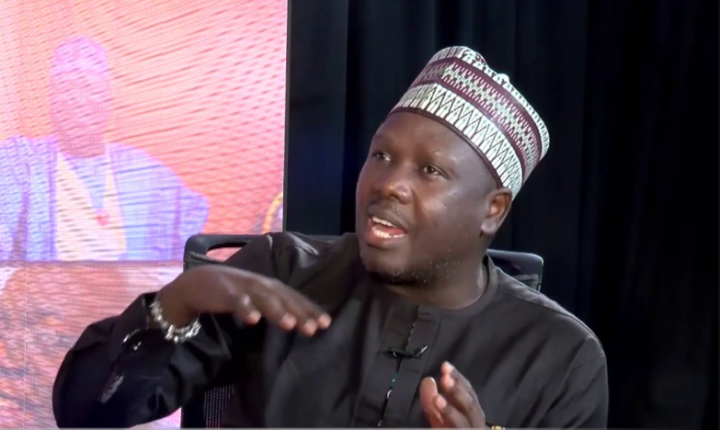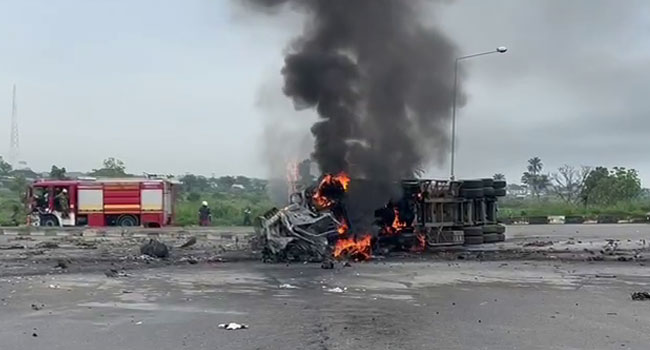Ajuri Ngelale
The presidency says Nigeria’s economic reality is at odds with labour’s new minimum wage demand.
In a chat with Femi Akande on TVC’s ‘Politics on Sunday’, Ajuri Ngelale, presidential spokesperson, highlighted the “consequences” should labour have its way.
On June 3, the Nigeria Labour Congress (NLC) and Trade Union Congress (TUC) embarked on a nationwide strike over the federal government’s refusal to appreciably increase the minimum wage.
The labour unions initially proposed N615,500 as the minimum wage, citing the high cost of living, before the demand was reduced to N494,000.
Advertisement
Speaking on the situation, Ngelale said the national minimum wage threshold would be binding on government, the private sector and small businesses.
He added that businesses will close shop because “they cannot live up to the minimum wages that organised labour is asking for”.
“But he [the president] also recognises that there are economic realities and fundamentals within the country right now that do not support what the organised Labour movement is advocating for, and I want to be very clear this evening about what the consequences would be if organised labour had its way,” he said.
Advertisement
“Right now, there is this notion out there that the minimum wage conversation in the country is simply almost a conversation between a federal executive administration and organised labour about a new minimum wage for the federal civil service. That is not what we’re talking about.
“We’re talking about a new national minimum wage for every Nigerian citizen, both within the formal economy as well as the informal economy.
“This has ramifications. Essentially, we’re moving from the current minimum wage where it is to, if labour got its way, something north of N500,000 per month; you’re looking at almost 20 times, right?
“So the impact that would now have on the citizens of the country, we’re not talking about government now, we’re talking about our people, is, I want to be practical about this, if you’re thinking of the mom and pop shop that is dealing in chinchin and bakery and these kinds of goods and services.
Advertisement
“The idea that you are going to mandate them to pay 20 times whatever it is they’re paying their staff within that small business, you know that you are essentially mandating the closure of that business, and you are literally, indirectly sacking the entire set of people who happen to be working there because that business is closing because they cannot live up to the minimum wages that organised Labour is asking for.”
Add a comment

